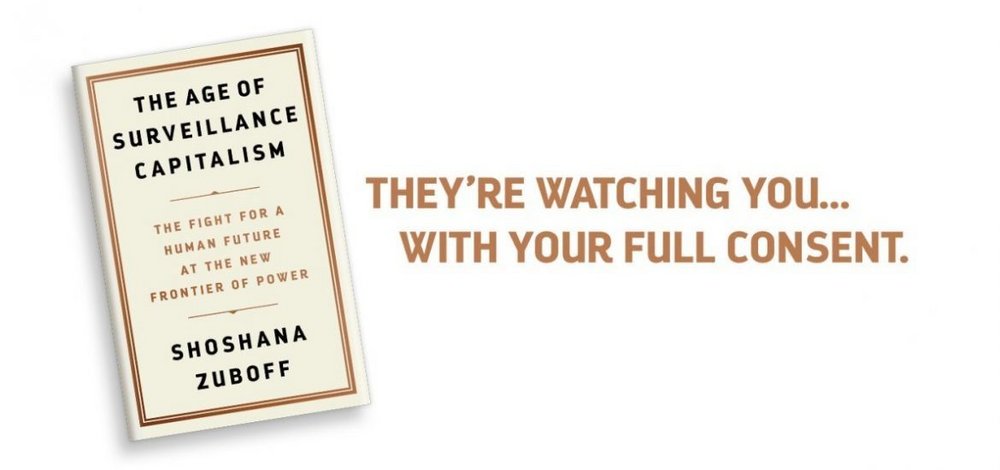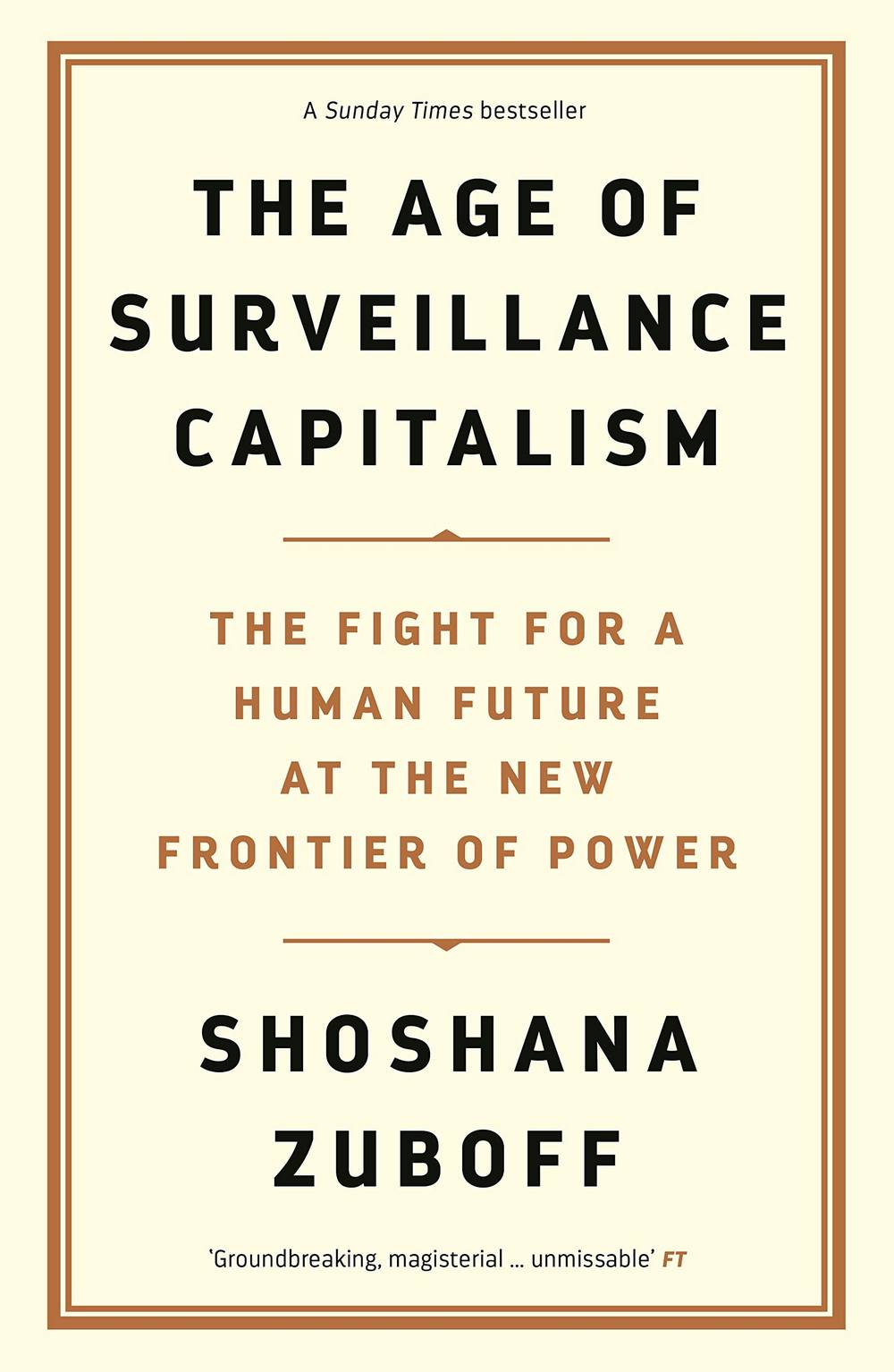


The concepts of first script (in essence, the personalised content which we deposit, experience, and which we can theoretically peruse) and second script (what the surveillance capitalists collect as our personalised profile, not based on our first script, but on ascribing to us traits derived from our similarity to others, traits which we ourselves may be even unaware of) dispossession cycle (incursion, habituation, adaptation and redirection) through which we, and our governments, are numbed to the surveillance capitalists’ incursion into our lives explanation of how this deep incursion could have been sanctioned, if not encouraged, by governments (with War on Terror in the background, in which surveillance tools, particularly those developed using private money, were particularly helpful) the concept of the division of learning – all these appear to be proprietary concepts observed and elaborated by Zuboff. Zuboff plays with the English language, applying it skilfully to conveying her important messages.īeautiful language aside, the book deals with critically important matter by laying out bare the ways in which surveillance capitalists (Google and Facebook are singled out in particular) intrude in our lives, while ostensibly delivering personalised online experience. On the one hand, it is written in a beautiful literary language, more reminiscent of poetry than of factual prose.

Having at last finished Shoshana Zuboff’s book, I was in two minds about it.


 0 kommentar(er)
0 kommentar(er)
